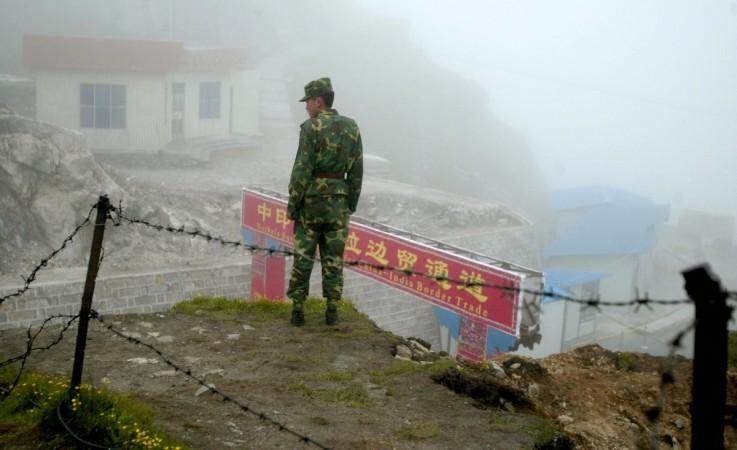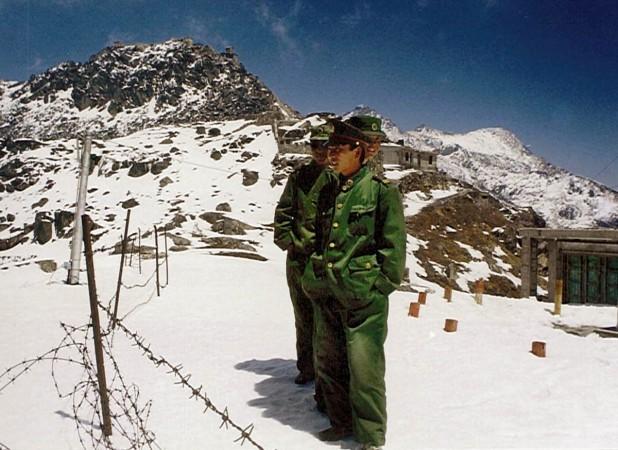Even as China has been warning India that the Doklam standoff could end up in a full-fledged war if New Delhi doesn't withdraw its troops from the region, many people in the know believe that China will not take the chances of going to war with its neighbour. Not just war, China is unlikely to even take up the "small-scale military operation" that it has been talking about in the last few days.
The best way to end the Doklam standoff, which has been making news for over a month now, would be for both India and China to simultaneously withdraw its troops from the region.
"Both countries do not want a conflict. A tactical operation by the Chinese border guards and PLA to construct a motorable road at Doklam (physically blocked by Indian soldiers on June 18) went awry, with the consequent strategic fall-out. Mutual troop pull-back or re-adjustment is the face-saver," the Times of India quoted a source as saying.
Even though it is being said that China won't risk a war with India, Beijing has been putting up an aggressive stand for the last few weeks. And in the meantime, the 7th annual "Hand-in-Hand" exercise between China's People's Liberation Army and the Indian Army scheduled for October is also likely to be cancelled.
"Even the exercise's initial planning conference, leave alone the final one, has not been held despite reminders to China," another source told the daily.
However, if the situation does worsen and it comes to a war, the Indian Army has "fully acclimatised troops" and "an enhanced border management posture" to prevent "any misadventure" by China, the source added. "Our troops are better placed and prepared for the long haul."

On Saturday, August 5, an article in the Global Times had fired a fresh salvo at India saying that China will not let the Doklam standoff go on for too long and could take up a small military operation to oust the Indian soldiers from the region within two weeks.
"The series of remarks from the Chinese side within a 24-hour period sends a signal to India that there is no way China will tolerate the Indian troops' incursion into Chinese territory for too long. If India refuses to withdraw, China may conduct a small-scale military operation within two weeks," said Hu Zhiyong, a research fellow at the Institute of International Relations of the Shanghai Academy of Social Sciences.
He also said that Beijing would inform New Delhi before the Chinese side takes up the operation.
It has been said that the Tibet military region has also conducted exercises in the region, which Zhao Gancheng, director of the Center for Asia-Pacific Studies at the Shanghai Institute for International Studies, believes is a hint that China could use military means to end the ongoing standoff.
"The chances of doing so are increasing as the Indian side is still saying one thing and doing another," he told the Global Times.
Another editorial in the paper had also blamed the Narendra Modi-government for taking the issue lightly. It said that the Modi-government should be aware of China's military power and should not put India in a situation where has no choice but to "annihilate all Indian troops in the border region."
"The Modi government's hard-line stance is sustained by neither laws nor strength. This administration is recklessly breaking international norms and jeopardizing India's national pride and peaceful development," the article said.

The article goes on to say that the Indian government is being irresponsible when it comes to national security and is taking the well-being of its citizens for granted.
"The Modi government should stop lying to its people that 'India in 2017 is different from India in 1962.' The gap in national strength between the two countries is the largest in the past 50 years. If the Modi government wants to start a war, at least it should tell its people the truth," the article noted.














